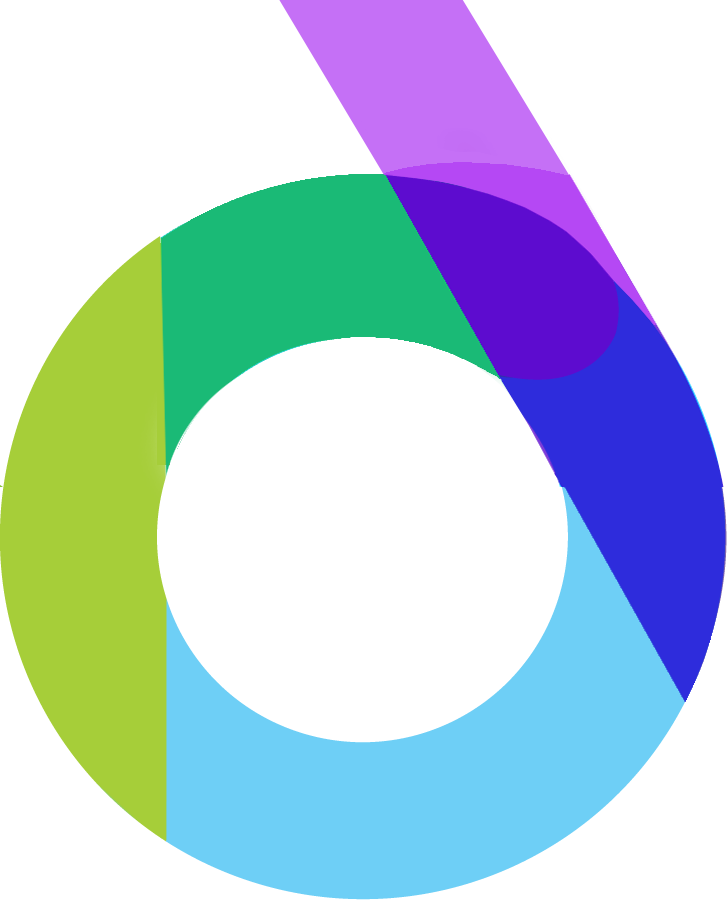blog

Posted On Wednesday, October 25, 2023
Author: David Armitage (Technical Director)
Ah, the dazzling array of products and tools that parade through the web design industry – it's like a recruitment fair for the tech-savvy. Each day welcomes a new contender, each flaunting a different flavor of innovation. They promise to be our salvation, the knights in shining code, the answer to our digital dreams. They pledge to make our jobs easier, boasting code generation prowess, advanced features, and the allure of dazzling special effects. In the pursuit of convenience, we might think, "Ah, what a time to be alive!
But, alas, for some of us, this techno carnival leaves us feeling a tad underwhelmed. The glitz and glamour of these offerings can obscure the fact that, in reality, web design has only grown more complex. It's as if we expected Artificial Intelligence (AI) to swoop in and handle all the mundane tasks, leaving us to sip virtual piña coladas on pixelated beaches.
Moreover, these seemingly easy-peasy tools often bring serious trade-offs to the table. You see, easier doesn't always translate to better. Before you wholeheartedly embrace these digital delights, let's indulge in some thoughtful pondering:
In the intricate world of web design, every decision binds you to some form of commitment, like a dance that goes on for eternity (or until the website's retirement). Picture this: you're sculpting a website mockup in Figma, Photoshop, or Sketch, and that choice ties you to a specific tool. You're in it for the long haul. The same principle extends to DIY website builders and programming frameworks, too.
However, here's the twist – the level of commitment varies. Choose the wrong tool, and you might find yourself shackled to it far longer than you'd like, watching enviously as the world evolves and your chosen tool stagnates. The new and shiny features others are flaunting? You, my friend, are out of that exclusive club.
Hence, before diving headfirst into a new solution, ponder where it might lead you. Yes, uncharted territories might seem enticing now, but what will become of your digital journey in five years? Will you have to start anew if the magic fizzles out?
There's beauty in both the thrill of the unknown and the comfort of stability and flexibility.
The allure of an express route to launching a website is undeniable – it's the web designer's equivalent of a speed pass at an amusement park. Skip over the labyrinthine complexity, and get to the payday faster. Who wouldn't be tempted?
Yet, there's often more to this speedy start than meets the eye. The quick on-ramp can lead to a bumpy, pothole-riddled road down the line. A prime example is content management system (CMS) plugins, like those in the WordPress ecosystem. They make it a breeze to assemble a website with functional bits and bobs.
But here's the rub: when you rely on an assortment of plugins to manage various functions, your web project becomes a house of cards. Pull out one piece, and the whole structure might come crashing down like a house of cards – and not the record-breaking kind.
This delicate balance can quickly tip over when your needs evolve. Some plugins may not bend to your wishes or might be too rigid to accommodate change. This could mean tugging out critical pieces and performing digital acrobatics to keep the show going.
This isn't a call to arms against plugins or pre-made solutions, but rather a plea for mindfulness about sustainability. A bit more legwork at the outset can save you from a potential digital meltdown later on.
Easier solutions often wave the banner of cost savings, but is the path of least resistance truly the cheapest route? The answer hangs in the balance, much like a fine-tuned web design.
Consider this: if a tool catapults your website into cyberspace weeks sooner, you might be over the moon. But what if it eventually turns maintenance into a Herculean task? Those initial savings could vanish into thin air.
There's also the matter of future growth. Think of subscribing to a proprietary website platform. It might unlock specific features now, but what if it can't keep pace with your ambitions later? In the meantime, you've invested time and money in a service that can't support your dreams.
The fine line here is that the upfront savings might crumble beneath the weight of headaches and limitations. Would you trade a few extra bucks in your wallet for a less-than-ideal website? It's like trading your favorite sneakers for a pair two sizes too small. Not the most comfortable or practical choice.
Thus, be judicious with your investments, weigh the potential costs, benefits, and pitfalls. In this ever-changing digital landscape, thinking long-term is your true north.
Building a website, no matter the approach, comes with an associated cost. Whether you're sailing the seas with free or commercial tools, they all require time and effort. There's also the cost of future maintenance to consider.
It's tempting to seek shortcuts, to latch onto solutions that pledge ease and affordability. However, these claims should be met with a healthy dose of skepticism. For every flashy tool out there promising to make your life a breeze, remember that not all that glitters is gold.
The digital world is full of products beckoning you to embrace the easy way out. Resist taking them at face value. Instead, do your research, scrutinize, and find the tools that fit your unique journey through the labyrinth of web design.
In a world where every click matters, what you choose today will paint the canvas of your digital future. The quest for ease is worthy, but do tread with caution, for the best path may not always be the easiest one.